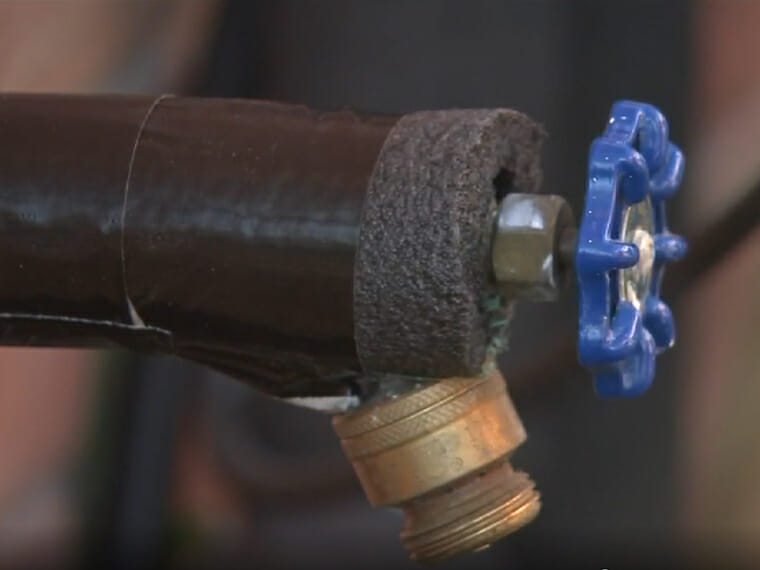
How to Prep your Home for Freezing Temps in Houston

How to Keep Your Pipes From Freezing In Houston
How to Protect Your Pipes and Home When the Temperature Dips
Getting Started
Tips from the Master Plumbers
Tip #1: Unhook your garden hoses from all outdoor faucets
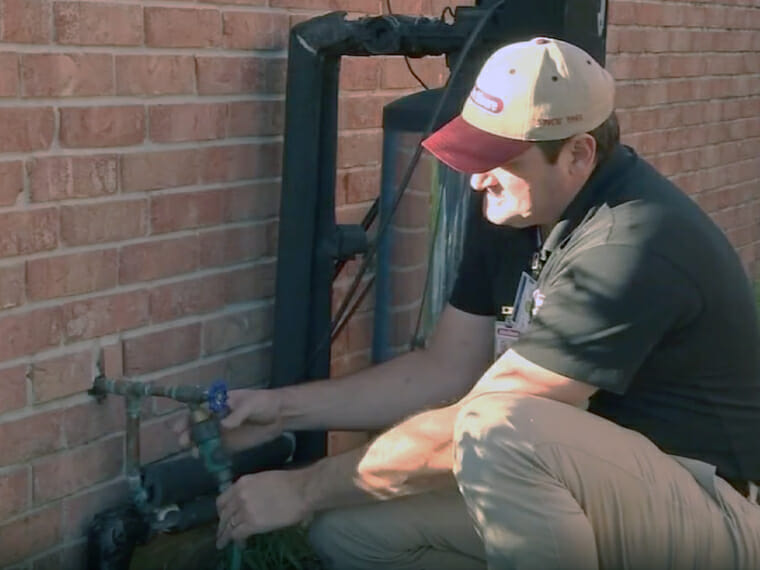
Tip #2: Wrap your pipes to protect them from the cold

All pipes, hose bibs, sprinklers, and the sprinkler pressure vacuum breaker that are exposed to the outside elements are vulnerable to freeze if not properly wrapped AND insulated. Many people wrap a towel or newspaper around an exposed pipe thinking that it will be enough to keep it from freezing, but this is not the case.
Using a towel to protect an outdoor pipe is a not a good idea because towels and newspapers can hold moisture and freeze directly on and around your pipe. Instead protect your plumbing with materials made specifically for pipe covering and insulating pipe, such as a polyethylene foam insulation wrap. The foam wrap will completely cover the exposed pipe and protect it from rain, wind, water, and cold air. Different sizes are available, and they can be purchased at your local hardware store.
Tip #3: Drain your sprinkler system
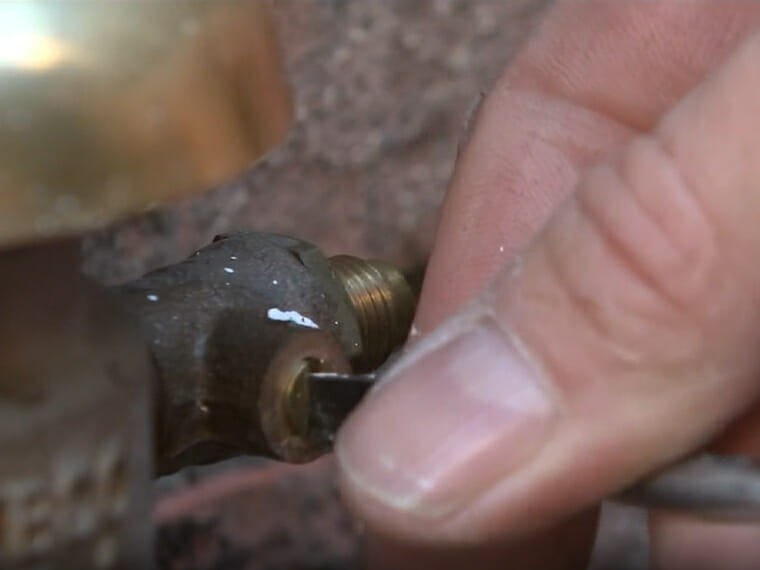
Tip #4: Check your thermostat and heater
Tip #5: Open your cabinet doors and leave faucets dripping
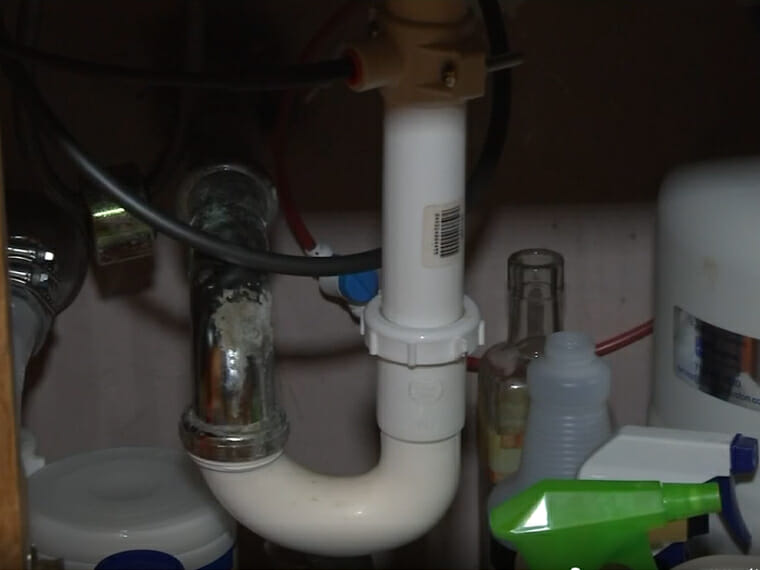
What to do if your pipes freeze
If your pipes freeze, don’t panic – just follow these steps:
Look carefully
Be patient and wait a freeze out
The best way to unfreeze your pipes and protect your plumbing is to give them time. It may take a few hours but eventually they will thaw and return to normal. The biggest mistake homeowners make is to try to quicken the process.
Do not use a torch (or a similar heat source) to try and warm it up. This can create stress problems and cause the pipe to crack. Once your pipe has frozen, the right thing to do is to wait it out and let it thaw naturally.
Call a Plumber
After your pipes have thawed, it is a good idea to inspect your whole piping system and to make sure the freeze didn’t cause any leaks. Until the pipes have thawed, it is nearly impossible to detect leakage or other damage so be sure to wait until once the pipes have thawed to perform the inspection. If you do see any leaks, call 713-730-2525 or book an appointment with a licensed plumber from John Moore to perform a professional inspection and address any issues.
Knowing what to do before, during, and after a freeze is an important of part of home ownership. By taking the right steps and protecting your pipes from the elements, you are extending the life of your whole plumbing system. Get prepping now, and stay warm and cozy during the cold weather ahead!
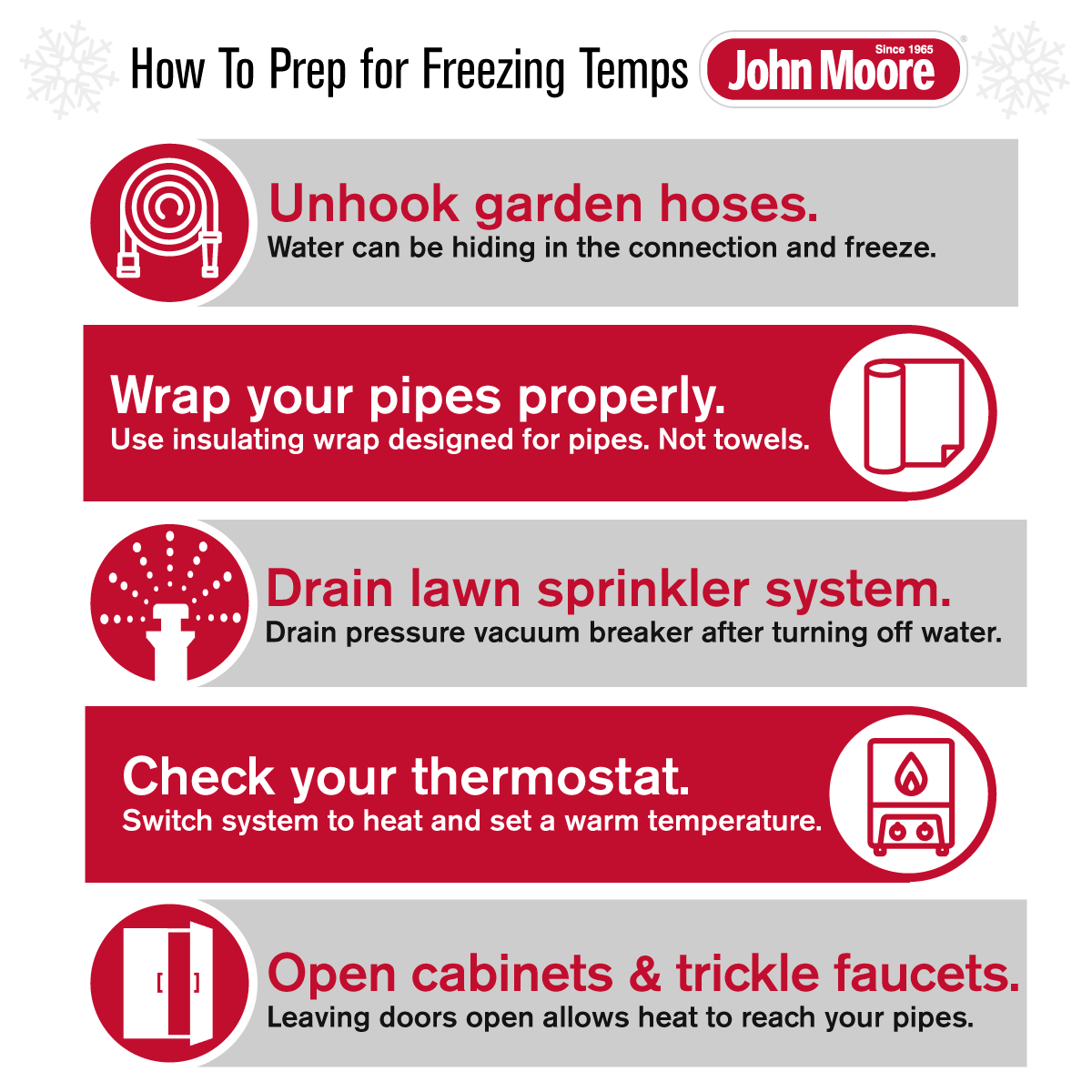
Reach Out to a Licensed Plumber
Connect with a John Moore Expert Using a Single Click
For over 50 years, residents of the Greater Houston area have trusted our high-quality plumbing repair. Our customers enjoy stellar customer service, expert workmanship, finance options, and the best warranties in the industry. When you need reliable plumbing services in Houston, TX, contact John Moore.
Share this Page
